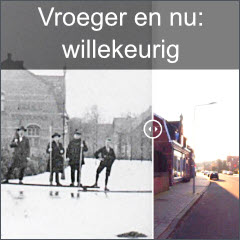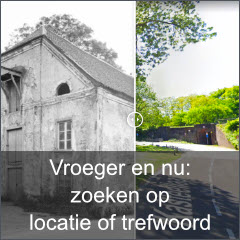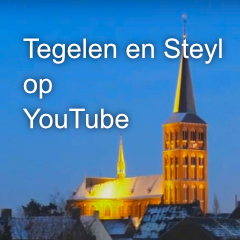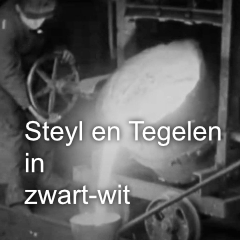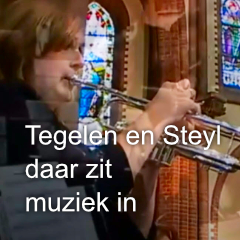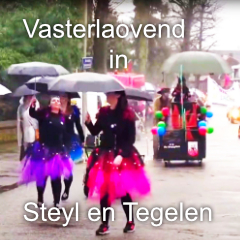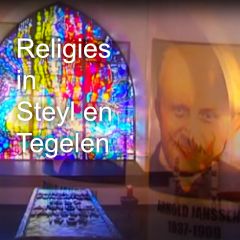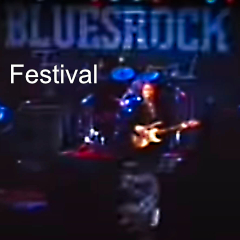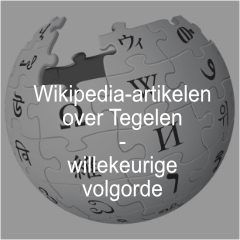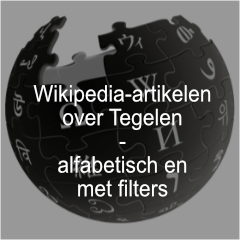Wikimedia Research/Showcase: Difference between revisions
Content deleted Content added
Pablo (WMF) (talk | contribs) No edit summary |
Pablo (WMF) (talk | contribs) No edit summary |
||
Line 14:
| date = November 15, 2023
| youtube-url = https://www.youtube.com/watch?v=IxNa6vgMCDY
| talk1-title =
| talk1-presenter = Wenceslao Arroyo-Machado, Universidad de Granada
| talk1-abstract = This study aims to enhance the value of bibliographic references in Wikipedia articles by moving beyond just citation counts and exploiting Wikipedia article features and engagement metrics, like page views and talks, to enrich the context of references and deepen the understanding of the relationship between science and society.
:::*Papers:
::::Arroyo-Machado, W., Torres-Salinas, D., & Costas, R. (2022). Wikinformetrics: Construction and description of an open Wikipedia knowledge graph data set for informetric purposes. Quantitative Science Studies, 1-22. https://doi.org/10.1162/qss_a_00226
::::Arroyo-Machado, W., Díaz-Faes, A. A., Herrera-Viedma, E., & Costas, R. (2023). From academic to media capital: To what extent does the scientific reputation of universities translate into Wikipedia attention?. arXiv preprint arXiv:2307.05366. https://doi.org/10.48550/arXiv.2307.05366
::::Arroyo-Machado, W., & Costas, R. (2023, April). Do popular research topics attract the most social attention? A first proposal based on OpenAlex and Wikipedia. In 27th International Conference on Science, Technology and Innovation Indicators (STI 2023). https://doi.org/10.55835/6442bb04903ef57acd6dab9e
| talk2-title = Gender and country biases in Wikipedia citations to scholarly publications
| talk2-presenter = Chaoqun Ni, University of Wisconsin-Madison
| talk2-abstract =Ensuring Wikipedia cites scholarly publications based on quality and relevancy without biases is critical to credible and fair knowledge dissemination. We investigate gender- and country-based biases in Wikipedia citation practices using linked data from the Web of Science and a Wikipedia citation dataset. Using coarsened exact matching, we show that publications by women are cited less by Wikipedia than expected, and publications by women are less likely to be cited than those by men. Scholarly publications by authors affiliated with non-Anglosphere countries are also disadvantaged in getting cited by Wikipedia, compared with those by authors affiliated with Anglosphere countries. The level of gender- or country-based inequalities varies by research field, and the gender-country intersectional bias is prominent in math-intensive STEM fields. To ensure the credibility and equality of knowledge presentation, Wikipedia should consider strategies and guidelines to cite scholarly publications independent of the gender and country of authors.
:::*Paperː Zheng, X., Chen, J., Yan, E., & Ni, C. (2023). Gender and country biases in Wikipedia citations to scholarly publications. Journal of the Association for Information Science and Technology, 74(2), 219-233. https://asistdl.onlinelibrary.wiley.com/doi/full/10.1002/asi.24723
}}
| |||
